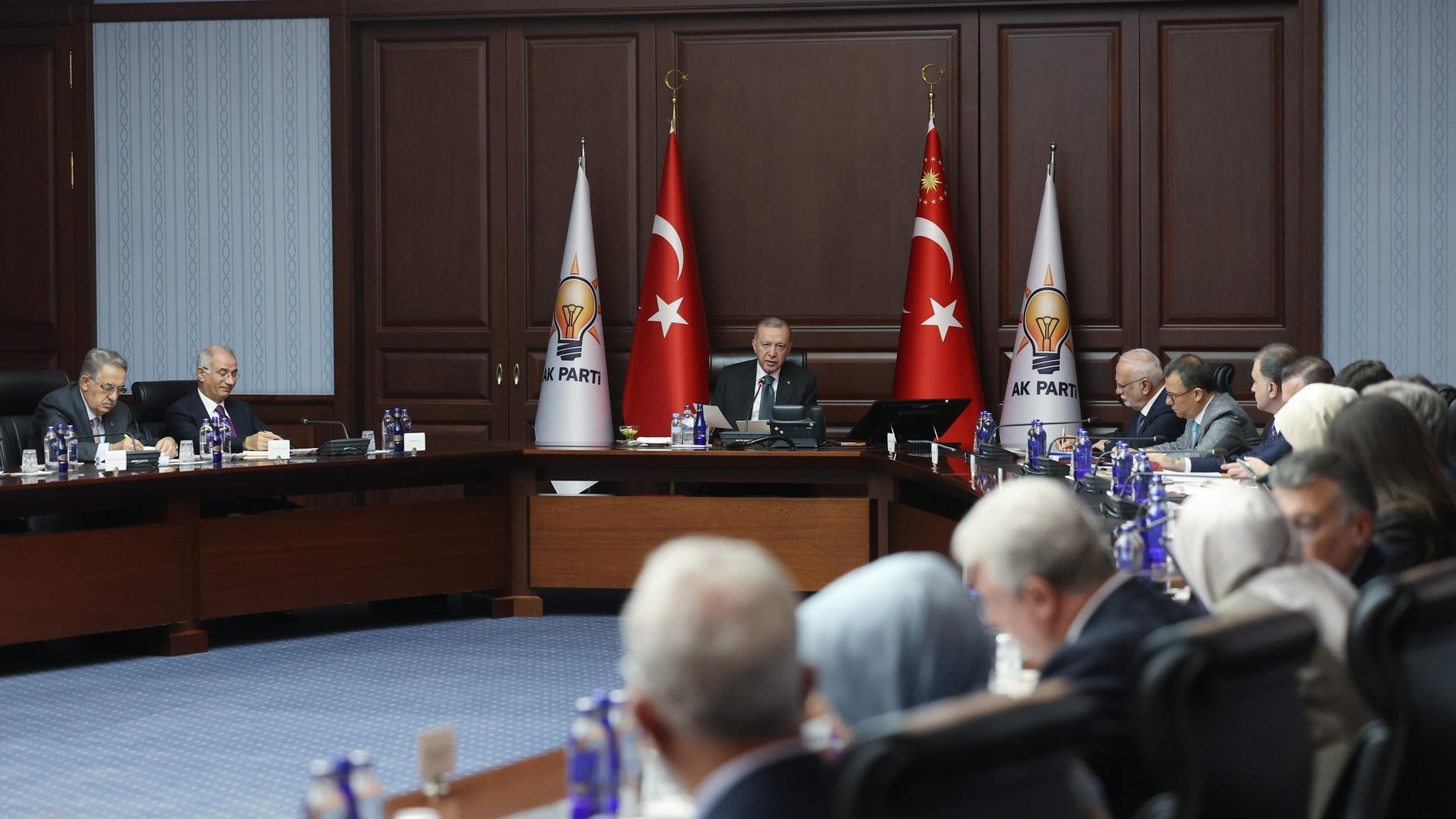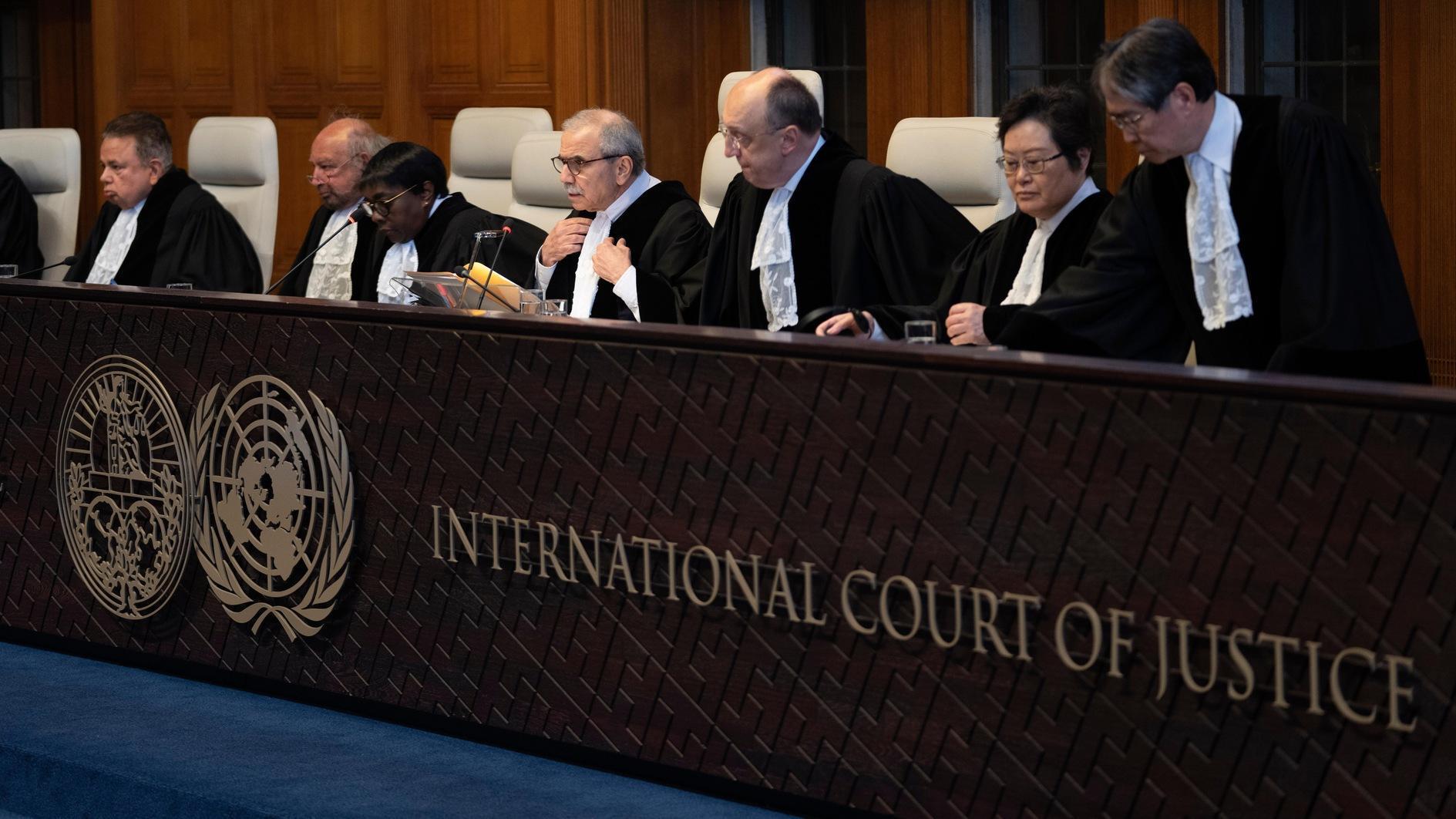The crisis of the Constitution
TARHAN ERDEM
There is a military aphorism that has been formulated over many years: A strategic mistake in the buildup determines the outcome of the war.The effect of strategic decisions lasts longer in politics than in the military, because if a mistake is made in the military, one can make new decisions for a new era after the current war ends.
A rule written in the “Working Principles” section at the first meeting of the Parliamentary Constitution Conciliation Commission on Oct. 19, 2011, has affected the entire work. That rule was this: “The duty of the commission ends with the withdrawal of one of the political parties or with the ruling of the withdrawal of one of the parties.”
The work of the commission would end but would our state and our Parliament give up on constitutional work? Such a thing would not be acceptable if it were formulated according to the Constitution and internal regulations.
If the writing of the new Constitution is to be continued, then wouldn’t the decisions that the commission has made up until then be made use of? These are consequences that should have been covered as would have been the case in any other state procedure. The reason for these unanticipated consequences is the rule that was included in the “Working Principles” and one that binds the work of the commission to one party’s decision.
Work of the commission
The rule that should have been incorporated should have been this: 1) The decisions reached by the commission by the end of the third legislative year, at the most, should be submitted to the Office of the Speaker of Parliament as a motion. 2) If a party withdraws from the commission during that period, the remaining parties continue working.
Thus, each party would have had equal rights in the preparation of the articles to be included in the Constitution and in the writing of the text but would not have the right to end the work of the commission.
With these rules, the constitutional work would not have been left to the judgment of any one party or even any one member of the commission. As a matter of fact, the right to participate in the commission with an equal number of members was granted to each party regardless of their number of seats in the Parliament and on top of all this, the right to end the work of the commission was also given.
These rights are “the strategic mistake at the stage of the buildup;” the entire work remained under the effect of this strategy. In the end, the point has been reached where nearly two years are about to be wasted.
The weaknesses of two opposition party leaders broaden the consequences of the strategy and deepen its damage. In the end, the weak-mindedness of a few people and their daily whims are about to condemn our country to suffering a lack of a Constitution.
The ruling party Justice and Development Party and the Peace and Democracy Party (BDP), together with the patriots of the opposition parties, can end this irresponsibility; they should.
There are a lot of words to be said, but I guess, not now...
Tarhan Erdem is a columnist for daily Radikal in which this piece was published on May 9. It was translated into English by the Daily News staff.











